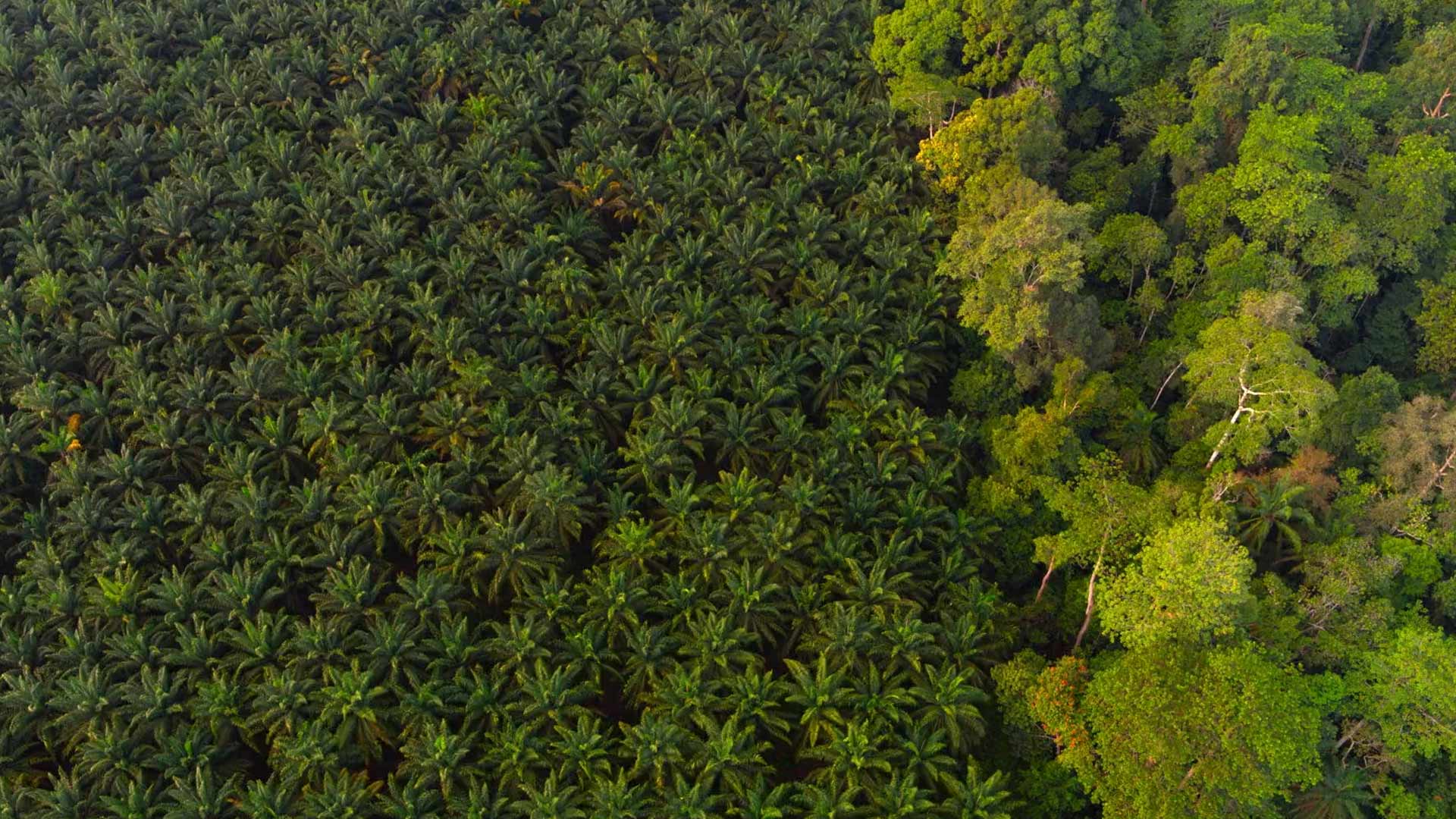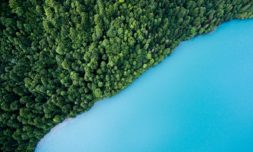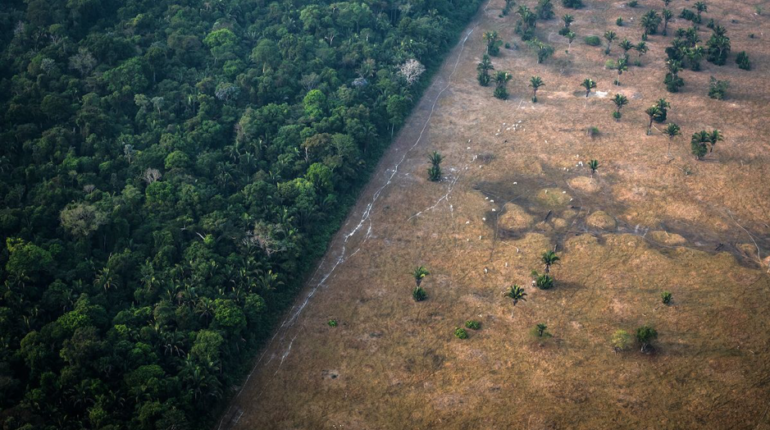In a move that prevents further devastation of forests around the world, the European Union has agreed to place a legal ban on the sale of products fuelling deforestation.
Although the number of people purchasing eco-friendly products is on the rise, many popular brands have continued to sneak environmentally damaging ingredients into their formulas without us noticing.
For example, common foods like peanut butter, cereal bars, and biscuits often contain palm oil. So far, around 27 million hectares of forests have been cleared to make room on the fertile soil to plant the trees which provide this oil.
Striving to reach 2030 green targets set out at last year’s COP meeting, the EU has agreed to ban the sale of products linked to rapid and unsustainable deforestation.
Products including palm oil, as well as coffee, lumber, cocoa, rubber, and soy, will need to go through a strict certification process before being approved.
Imported products such as chocolate, furniture, and beef will be refused if they make use of poorly sourced ingredients or materials.
Breaking: agreement on the world first 1st law against imported deforestation! The scope is extended to rubber, charcoal, palm oil derivatives such as cosmetics… Other ecosystems will be covered within 1 year and finance will be covered within 2 years. An historic agreement!
— Pascal Canfin (@pcanfin) December 6, 2022






















